- Mandarin Immersion (Part 1)
- Mandarin Immersion (Part 2)
- Mandarin Immersion (Part 3)
- Mandarin Immersion (Part 4)
- Mandarin Immersion (Part 5)
- Mandarin Immersion (Part 6)
- Mandarin Immersion (Part 7)
- Mandarin Immersion (Part 8)
- Mandarin Immersion (Part 9)
- Mandarin Immersion (Part 10)
- Mandarin Immersion (Part 11)
- Mandarin Immersion (Part 12)
- Mandarin Immersion (Part 13)
- Mandarin Immersion (Part 14)
- Mandarin Immersion (Part 15)
- Mandarin Immersion (Part 16)
- Mandarin Immersion (Part 17)
- Mandarin Immersion (Part 18)
- Mandarin Immersion (Part 19)
- Mandarin Immersion (Part 20)
- Mandarin Immersion (Part 21)
- Mandarin Immersion (Part 22)
- Mandarin Immersion (Part 23)
- Mandarin Immersion (Part 24)
- Mandarin Immersion (Part 25)
- Mandarin Immersion (Part 26)
- Mandarin Immersion (Part 27)
- Mandarin Immersion (Part 28)
- Mandarin Immersion (Part 29)
- Mandarin Immersion (Part 30)
- Mandarin Immersion (Part 31)
- Mandarin Immersion (Part 32)
- Mandarin Immersion (Part 33)
- Mandarin Immersion (Part 34)
- Mandarin Immersion (Part 35)
- Mandarin Immersion (Part 36)
- Mandarin Immersion (Part 37)
- Mandarin Immersion (Part 38)
- Mandarin Immersion (Part 39)
May 18, 2023
Mandarin Immersion (Part 4)
By Simon J. Lau
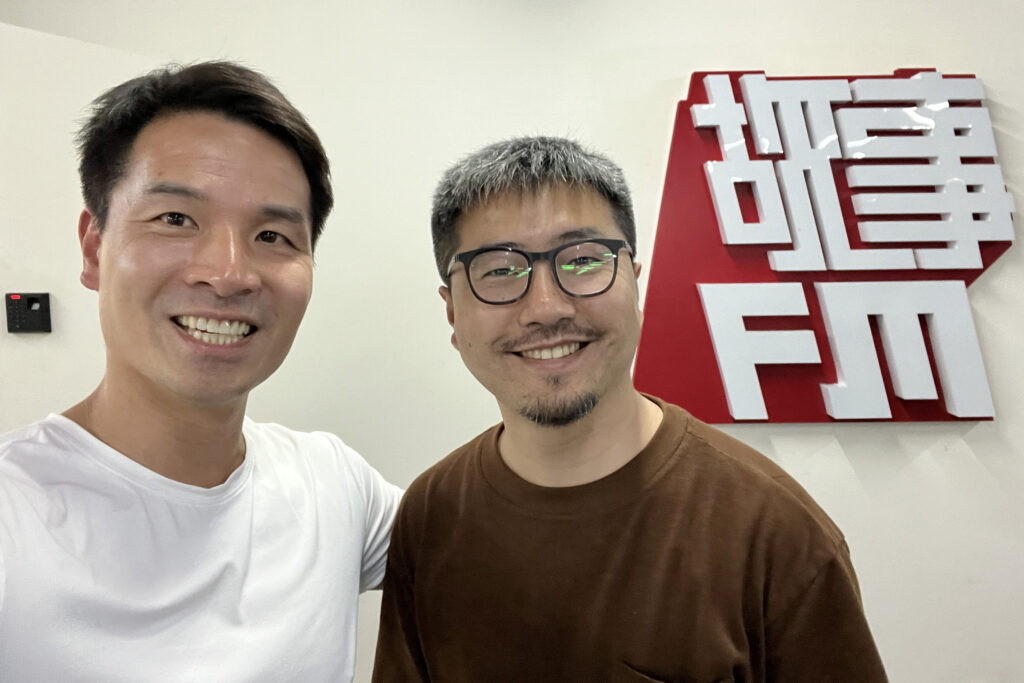
I had the pleasure of meeting Kou Aizhe, a renowned podcast producer behind the immensely popular Chinese podcast, GushiFM, which translates to “Story FM” in English. Similar to the podcast This American Life, GushiFM focuses on sharing authentic stories of everyday people in China.
As a Mandarin language learner, I discovered Aizhe’s work years ago. Although still a bit advanced for me, I use it to enhance my listening comprehension and learn more about China. His work has received extensive praise, including recognition in the New York Times.
During our morning discussion, we delved into topics such as censorship, political correctness, monetization, and their impact on Gushi FM. As an aspiring writer and photographer, I gained valuable insights into the unique challenges of sharing authentic stories in China.
We also explored the idea of expanding Gushi FM‘s audience to the Western world. I suggested considering video interviews, akin to the Joe Rogan Experience and Soft White Underbelly, with English subtitles. With subtitles, I believe many of his stories could resonate with American audiences.
After our meeting, I hurried to the bus station to catch a ride to Chengde, a city four hours outside of Beijing. Unfortunately, I missed the last bus, but I managed to secure a ride with a dubious underground bus broker. After some haggling over the price, as is customary in China, I hopped onto his e-bike and we made our way to the van.

He had a mini e-bike, with my luggage secured in front, and we rode together. We must have looked quite comical, and I couldn’t shake off the worry of falling off and getting run over by a city bus, especially with him constantly chatting on his phone. (A similar bike to the one I rode is pictured here.)

The van was unregulated, and the passengers were mostly poor migrant workers. For whatever reason, they either couldn’t buy official tickets (e.g., restrictions placed on them based on China’s social credit system) or didn’t want to share their IDs (required for official tickets). Yes, it was shady.
That said, say what you will about the Chinese surveillance state and surveillance apparatus, one downstream benefit is that China is very safe. There is very little crime, not to mention violent crimes. I took my chances, and I’m glad I did! I’ll forever remember this ride. 😅
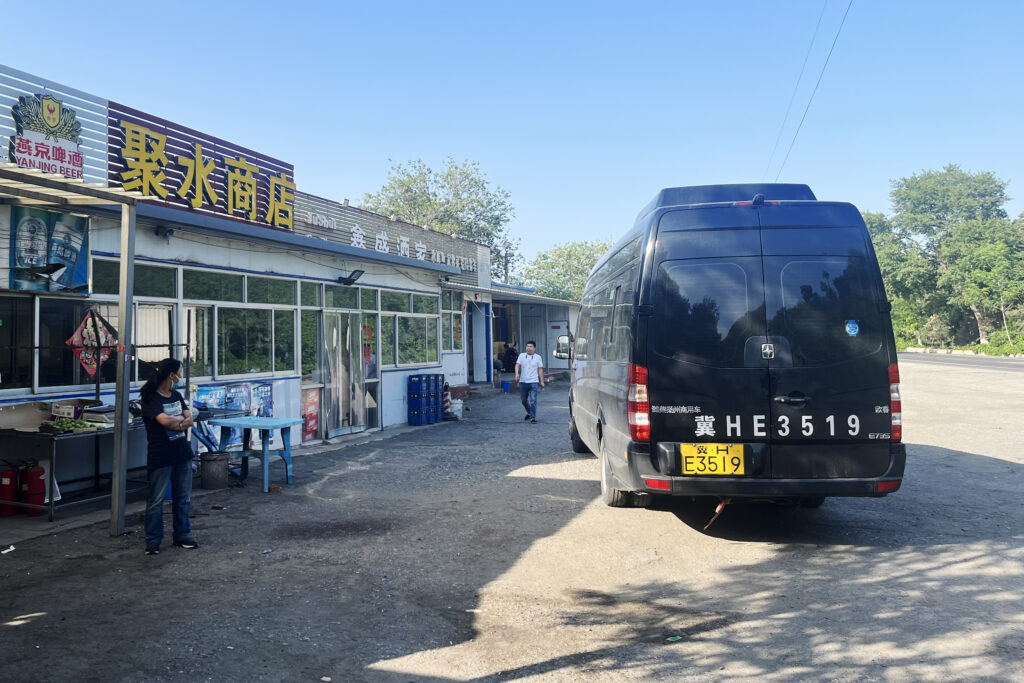
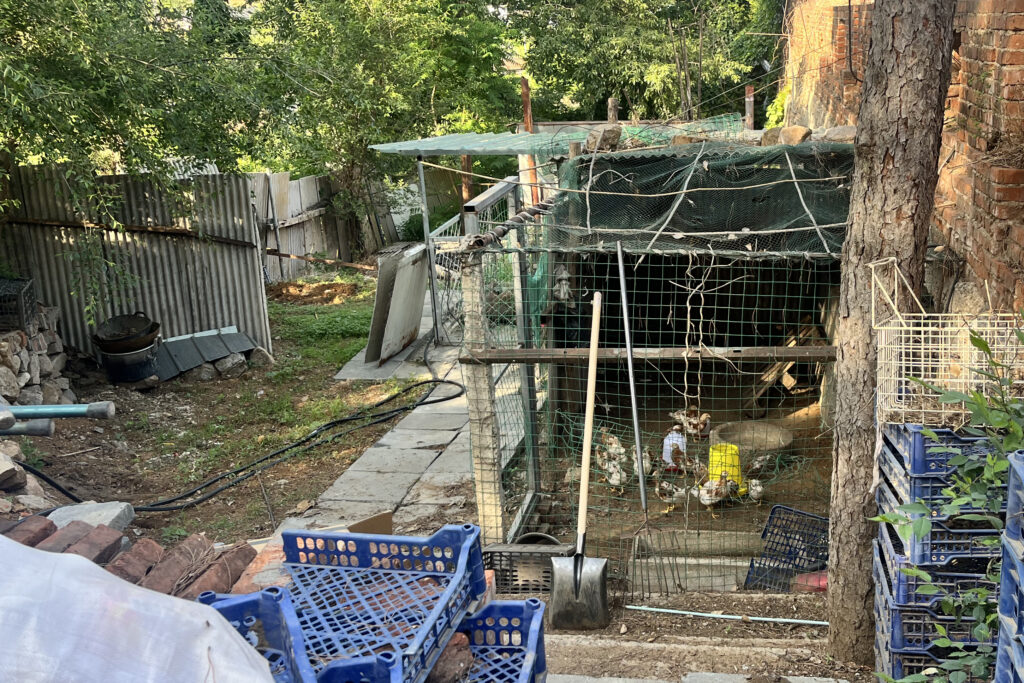
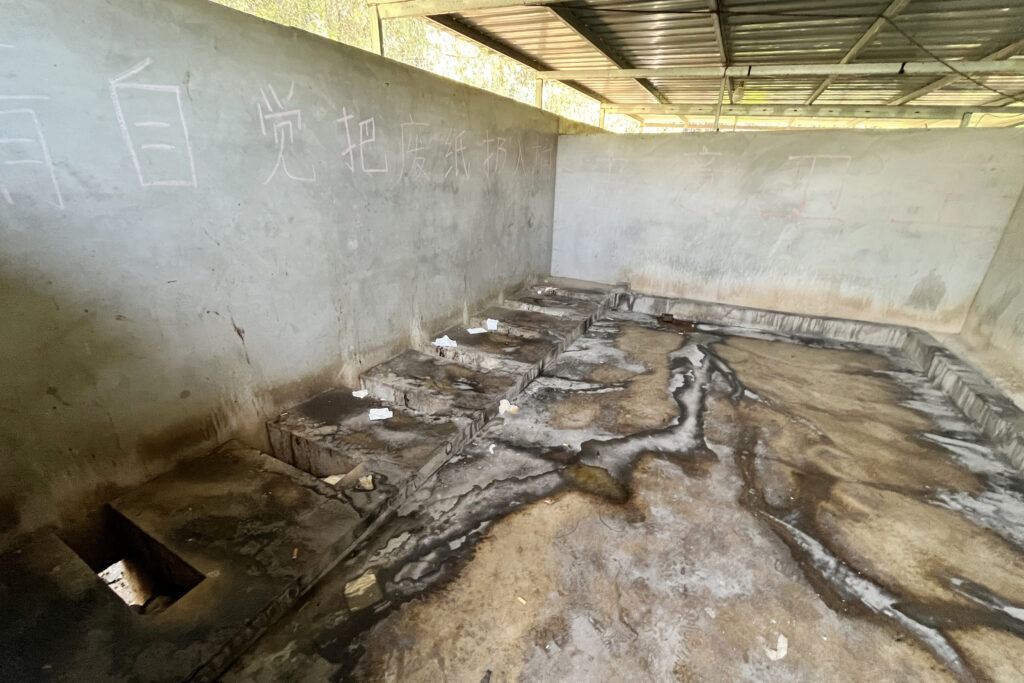
Midway, we pulled into a rural village to take a restroom break. This was my first time visiting a Chinese village, and I walked around to see the chickens 🐓, ducks 🦆, and garden area. 🥬 Afterward, I used the bathroom. It was filthy, and a small part of me died inside. 🫣
When I returned to the van, drama ensued! One sketchy passenger tried to wiggle his way out of paying. He insisted on being let off at the rest stop, and the driver was rightly enraged. 😤 I half expected a brawl. 👊 Fortunately, the man paid, and we all continued on.
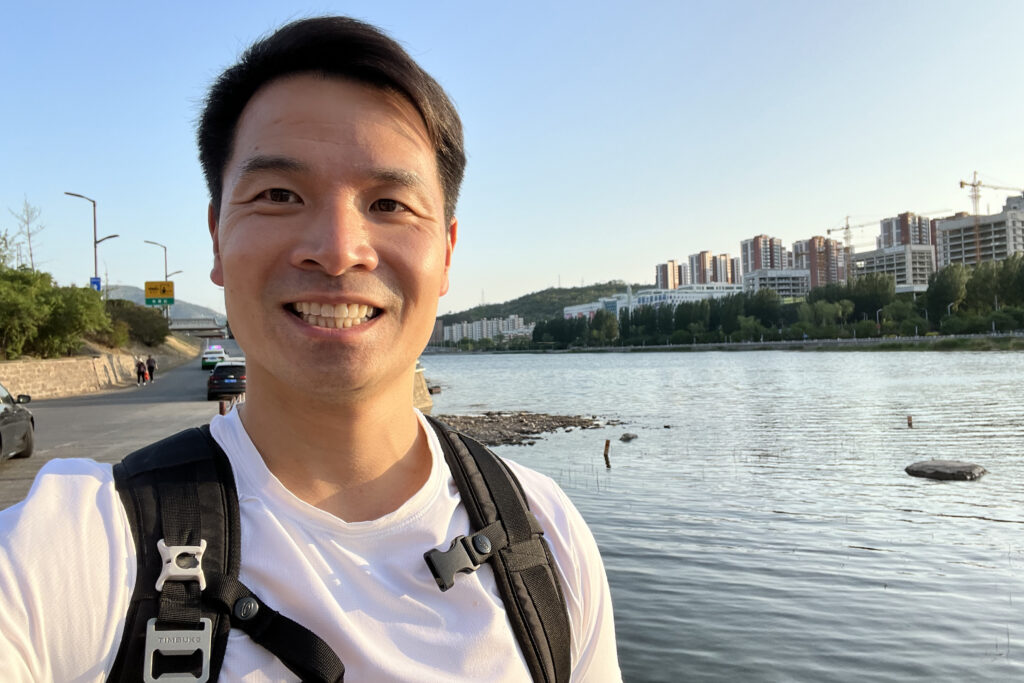
At the end, I survived (and I came back with an unforgettable story 😅)! I’ll do a proper Chengde introduction in my next post, but I can already see that I’ll love this place. The weather is amazing, and the city is so charming. It suits me well.


Comments are closed.